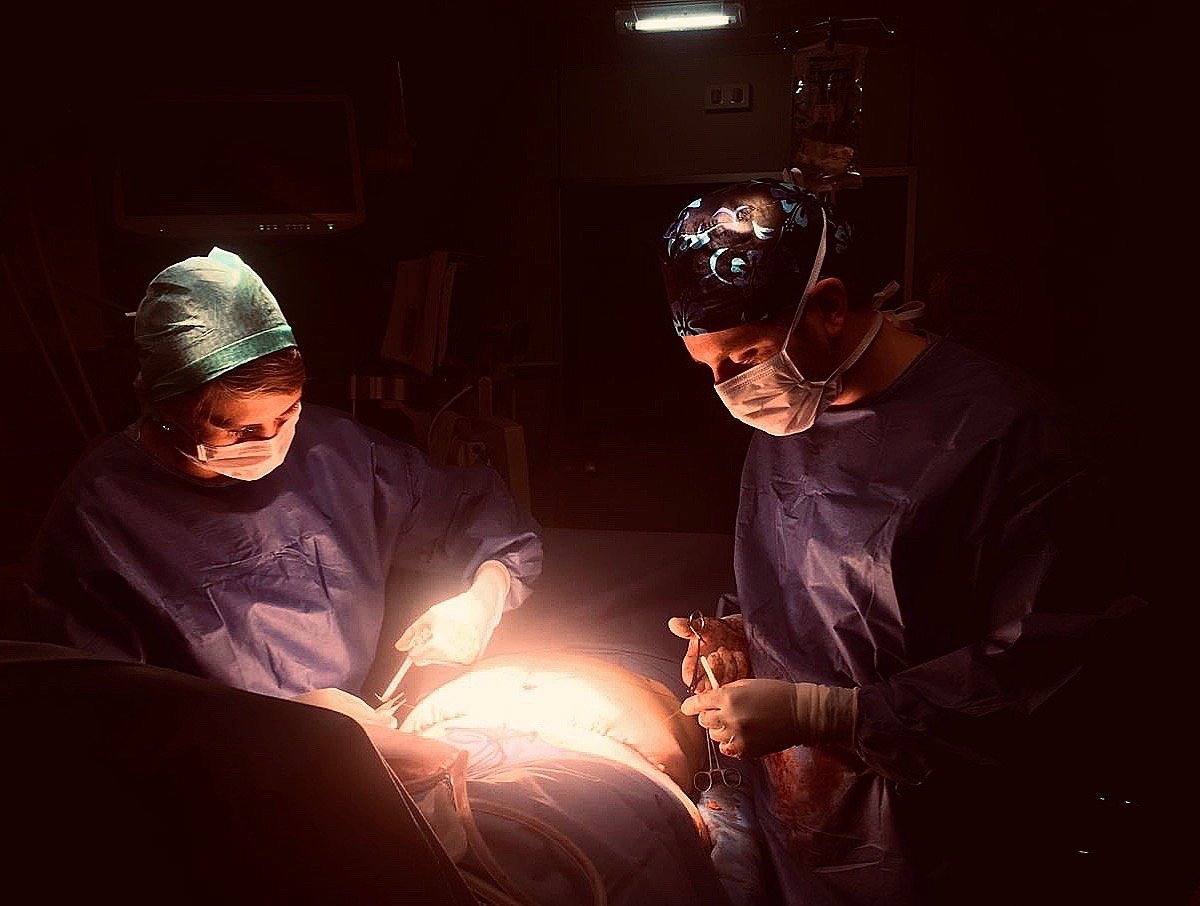Why I chose to become a plastic surgeon
When you decide to visit a plastic surgeon, it is always interesting to know why your surgeon chose this career path. Getting to know the reasoning behind a specific choice will, at the same time, reveal a lot of aspects of the surgeon's personality, his way of working, and the way he approaches patients and solves problems. Similar to my philosophy, when it comes to why you would opt to undergo plastic surgery, the WHY of a plastic surgeon is valuable both for the patient and the surgeon.
My WHY
My profession represents all facets of a lifetime career that deeply intrigue me.
When people ask me why I chose plastic surgery as my lifetime career, it is difficult to give them a single reason as to what drew me into this profession. Some may say they chose it for the technical aspect of it, others might say they like everything about aesthetics, and someone else might love complex reconstructions. There is a wide variety of possible reasons, and that is exactly what convinced me to strive a career in plastic and reconstructive surgery: the variety of it.
When I was just a kid, I was fascinated by analysing how things work and how they were build to make them work. I often took things apart and fixed them back together, just to see how they function and how they were constructed. When I grew older, this translated into a profound love for technology and science. Both technology and science are based on analysing how something works and seeing how it can be improved.
Attention to the smallest details
Both in reconstructive and aesthetic surgery, every detail matters. The strive for perfection knows no boundaries.
When I started medical school, I honestly did not have a clue which specialisation I would choose in the end. Medicine just intrigued me as it fitted again within my area of interest: analysing how the human body works, how it is built, and how we can make it better or, in other works, make patients better. What ultimately drew me into plastic surgery is the fact that my profession represents all facets of a lifetime career that deeply intrigue me:
Medical challenges: Every patient challenges me to deliver the best result possible, both in aesthetic and reconstructive surgery. As my complete work is visible to both the patient and the world, every detail matters, and perfection is necessary from start to finish.
Technology and innovation: Plastic surgery embraces a lot of new technologies within the medical world, such as augmented reality, tissue engineering, bio-printing, radio-frequency, stem cell therapy, and so on. I personally have a close connection with both augmented reality, through my company Augmented Anatomy, and radio-frequency, a state-of-the-art technology for enhanced skin contraction and skin tightening. In the near future, I am sure that the other innovations, such as tissue engineering and stem cell therapy, will have a big impact on my career as well.
Art: A plastic surgeon is an artist in its pure form. We are able to reconstruct a breast after breast cancer, remodel a saggy breast after breast feeding, restore the contour of the abdomen and flanks, and rejuvenate the face to give the patient a fresher appearance. The human body is our canvas and we aim to deliver a masterpiece at the end of every surgery.
Creativity: With an artistic job comes creativity as well. Plastic surgery is probably the only medical profession where creativity and technology go hand in hand. Every patient is different, every body part is different, the human anatomy is unique to every patient. So every surgery presents its own challenges and level of uniqueness.
Technical skills: To truly master every operation and respect the details that go into it, your technical skills have to be second to none. Tremendous dexterity, incredible stamina, and an enormous level of focus are required to make it as a plastic surgeon.
Entrepreneurship: As a plastic surgeon, you are the boss of your own clinic and responsible for your patients. That not only requires a thorough knowledge in medicine and surgery, but you also need to be familiar with financing, legal topics, people management, and have a business mindset in order to run a successful practice.
Teamwork: A plastic surgeon is nothing without a team around him. This counts for the other medical professions when discussing a difficult patient case, but also for the nurses, the secretaries, the logistic staff, and the cleaning team. Every person plays an important role within the team.
So for me, whether it be a challenging reconstructive case or a state-of-the-art aesthetic procedure, my profession allows me to combine all that I love and all that I have learned to give the patient the best treatment possible. Plastic surgery is a constant innovating field that stays at the forefront of the medical world.
That is why I chose to become a plastic surgeon.



